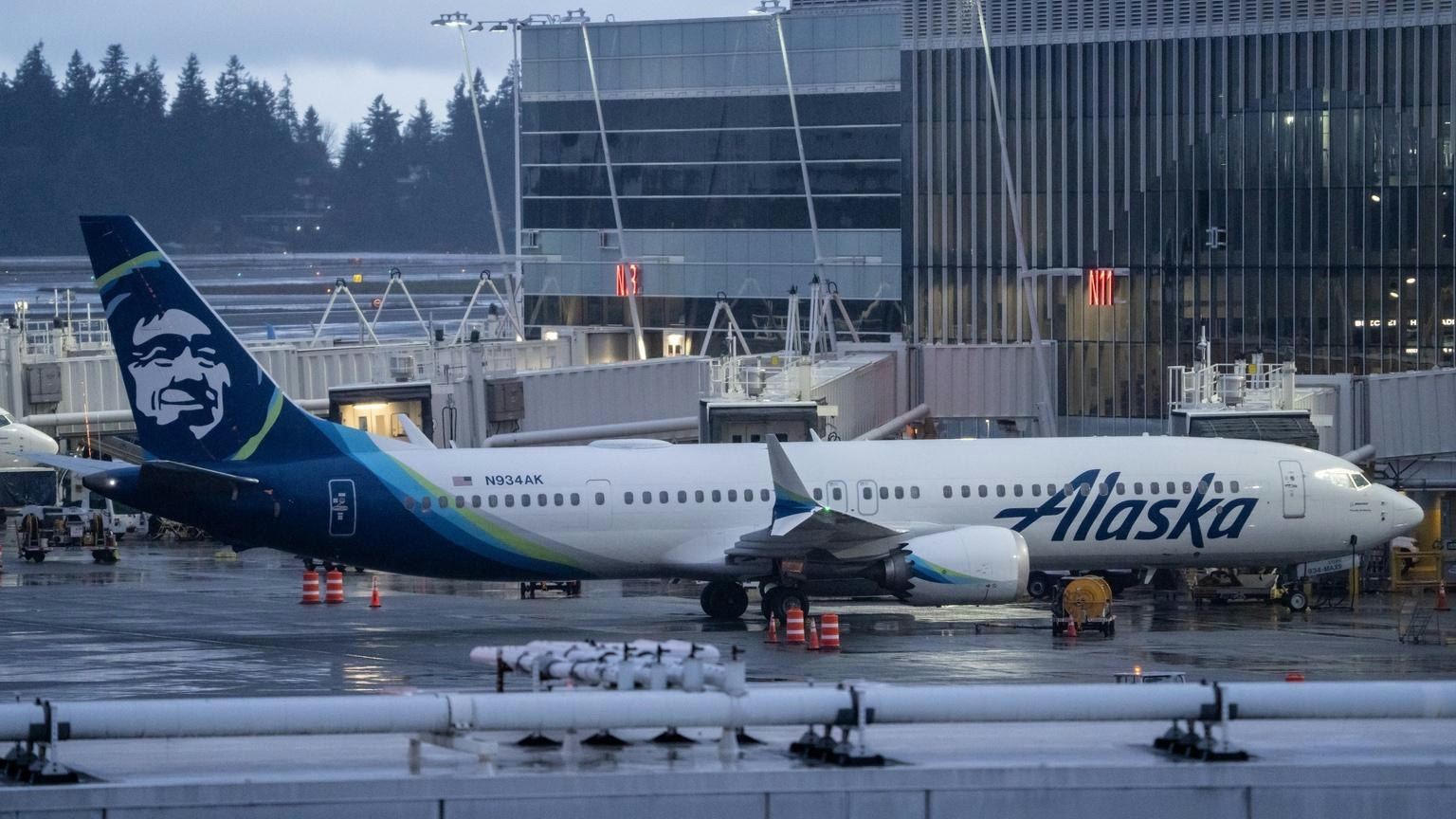
AeroGenie — Votre copilote intelligent.
Tendances
Categories
IndiGo Approves ₹7,000 Crore Investment to Buy Aircraft, Moving Away from Leasing
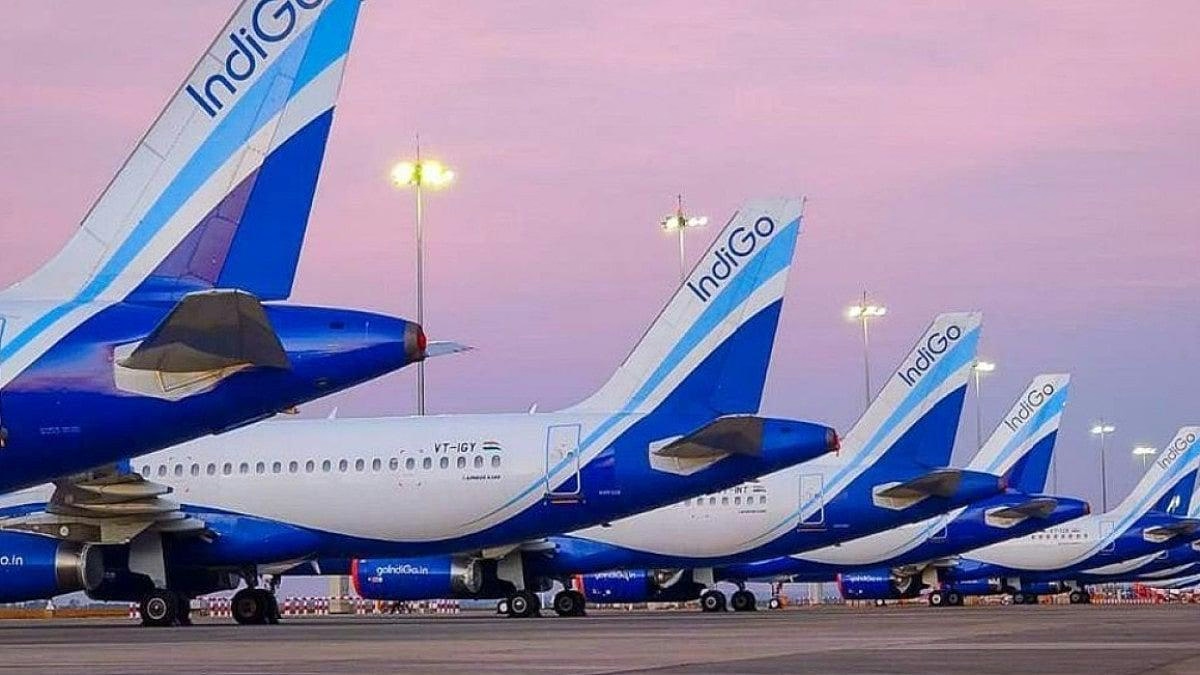
IndiGo Approves ₹7,000 Crore Investment to Acquire Aircraft, Signaling Shift from Leasing
IndiGo has approved a capital investment of approximately ₹7,294 crore (around $820 million) to facilitate the direct ownership of its aircraft, marking a strategic departure from its longstanding reliance on leasing. The airline announced that the funds will be channelled through its wholly owned subsidiary, InterGlobe Aviation Financial Services IFSC Private Limited, primarily to acquire aviation assets and increase the proportion of owned aircraft within its fleet.
Transitioning from Leasing to Ownership
Traditionally, IndiGo’s fleet structure has been heavily dependent on operating leases, a model that offers flexibility but exposes the airline to foreign exchange risks, as lease payments are typically denominated in US dollars. The company’s recent move towards a more balanced ownership model reflects a diversification of its financing strategies. IndiGo stated that this decision underscores its commitment to prudent capital allocation and sustainable value creation for stakeholders.
The airline’s Chief Financial Officer has indicated an ambition to raise the share of owned aircraft to between 30 and 40 percent of the total fleet by 2030. Currently, IndiGo operates nearly 430 aircraft and has been expanding at a rate of approximately one aircraft per week. The airline is also preparing to introduce new aircraft models, including the A321 XLR and its first widebody A350s, with deliveries expected to begin in 2027.
Implications and Challenges Ahead
While the shift towards ownership is expected to enhance financial stability and reduce exposure to currency fluctuations, it also entails significant capital expenditure that could affect IndiGo’s liquidity and financial flexibility. Market analysts and investors are likely to closely monitor the airline’s financial health and long-term prospects as it undertakes this strategic transition.
The move may also provoke competitive responses within the industry, potentially prompting rival carriers to adopt similar investment strategies or engage in aggressive pricing to protect market share. Moreover, transitioning from leasing to ownership could impact IndiGo’s operational costs and reduce its ability to adjust fleet size swiftly in response to fluctuating market demand, given that leasing arrangements traditionally offer greater flexibility.
IndiGo’s ambitions to expand its long-haul and international operations add further complexity to this transition. The integration of new long-haul aircraft and the pursuit of regulatory approvals for international routes present additional operational and strategic challenges that the airline must navigate.
Despite these hurdles, IndiGo’s substantial investment highlights its determination to evolve its business model and reinforce its competitive position in the aviation sector. The airline aims to balance its growth objectives with prudent financial management as it adapts to an increasingly dynamic market environment.
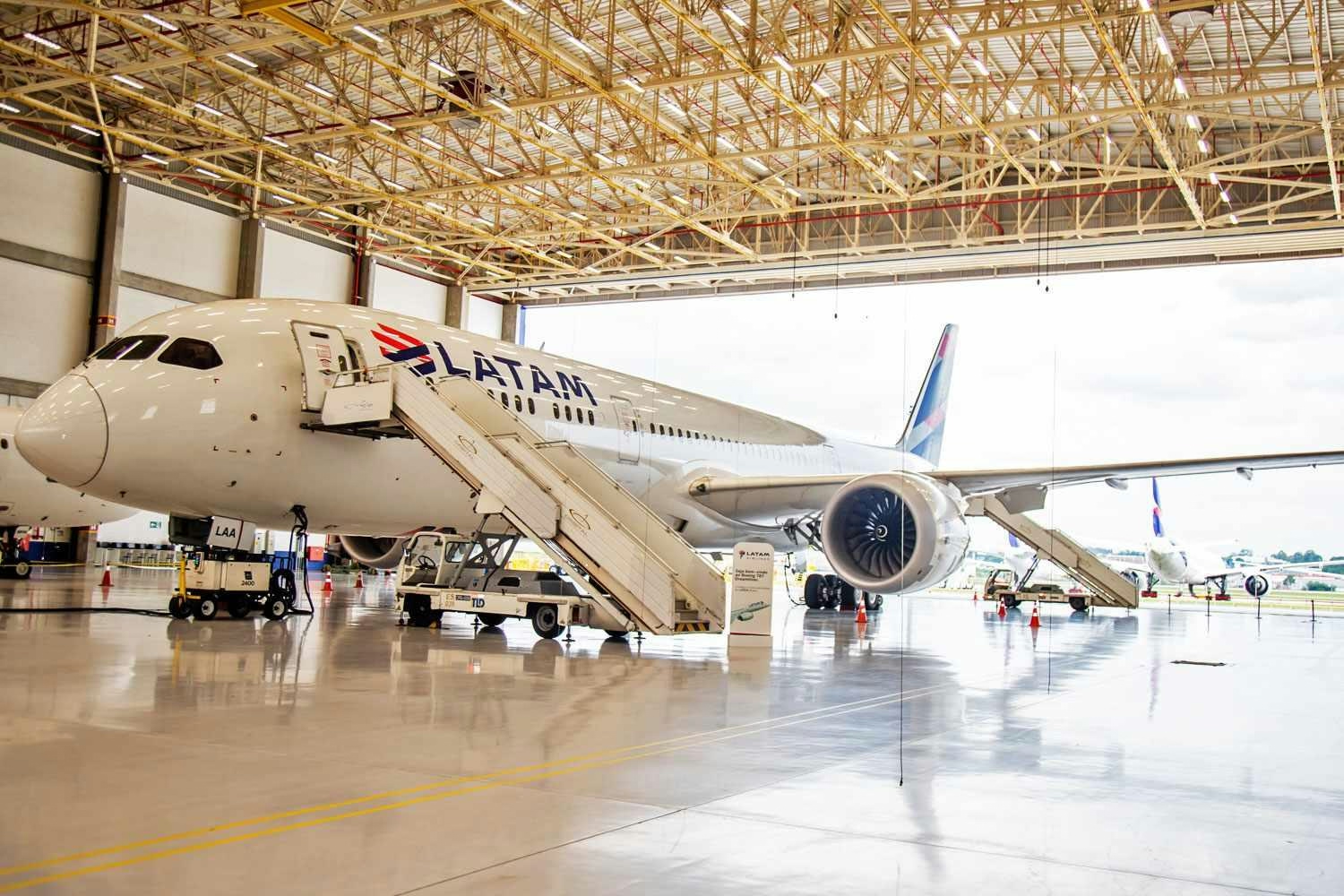
LATAM Receives First Boeing 787-9 Equipped with GEnx Engines

Dassault Aviation Reports Aircraft Deliveries, Orders, Backlog, and Sales Outlook
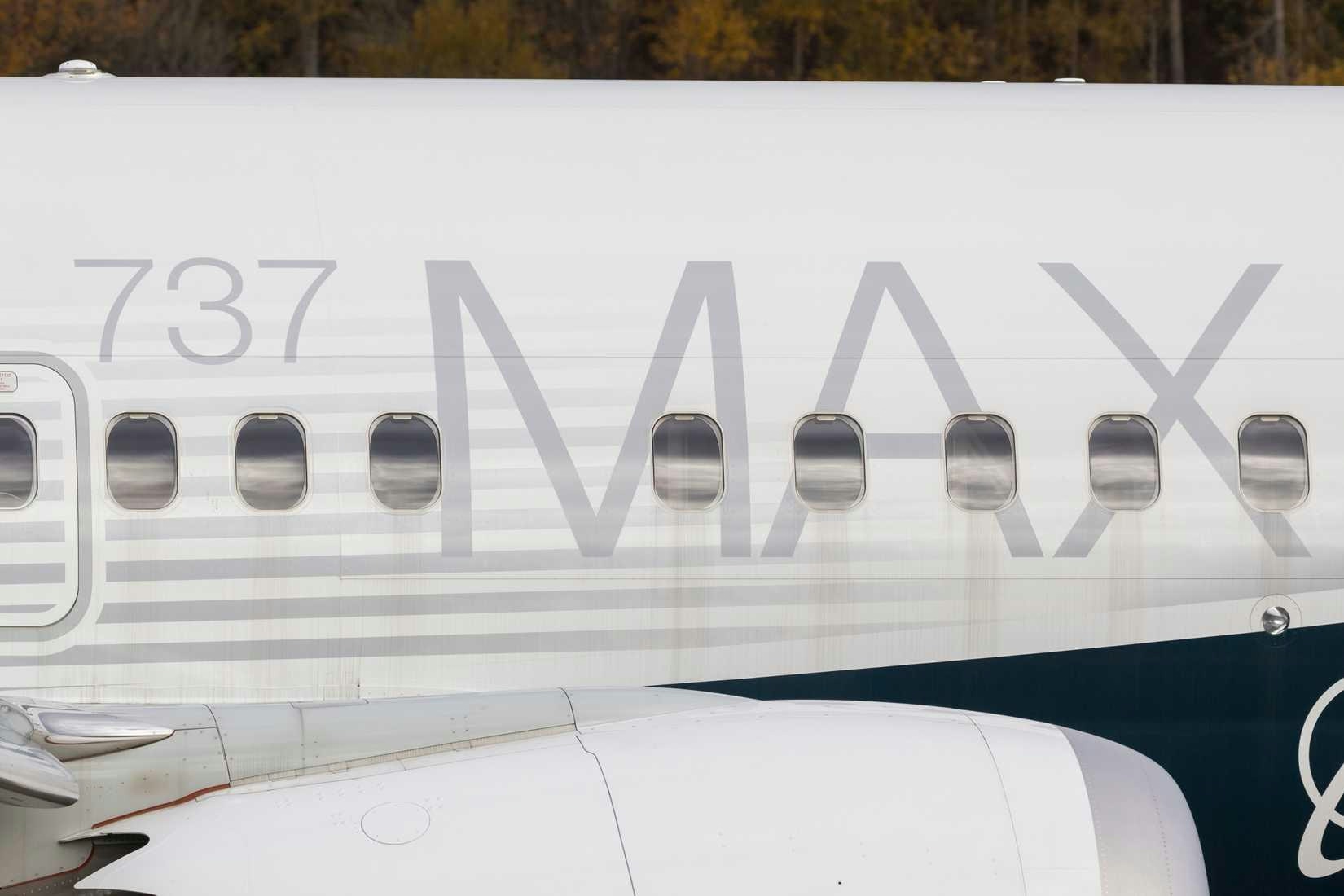
Alaska Airlines Orders 140 Boeing 737-10 and 5 Boeing 787-10 Jets
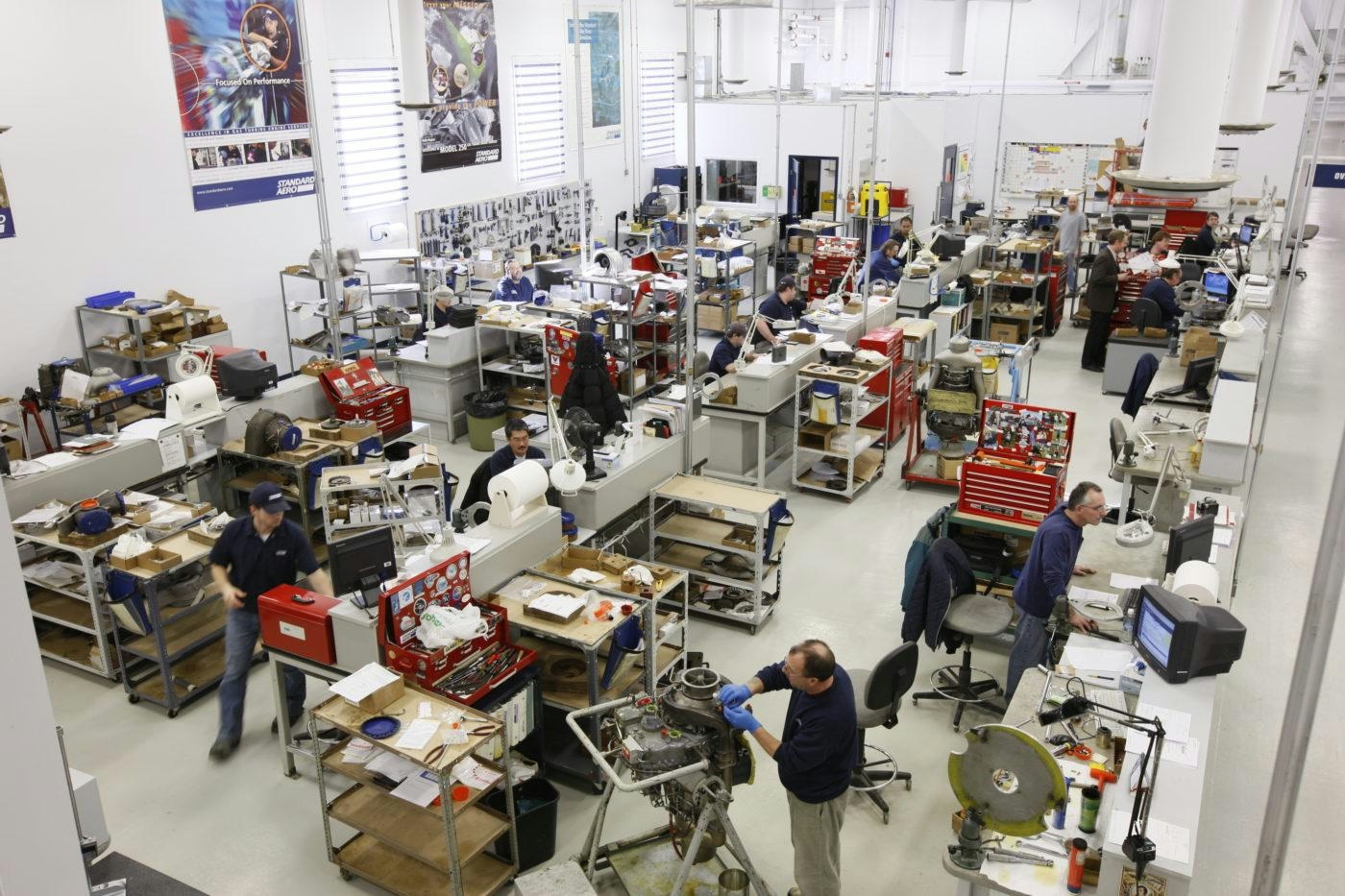
Dine Appointed Vice President of Sales at StandardAero

Porter Airlines Partners with BeauTech to Upgrade North America’s Fleet
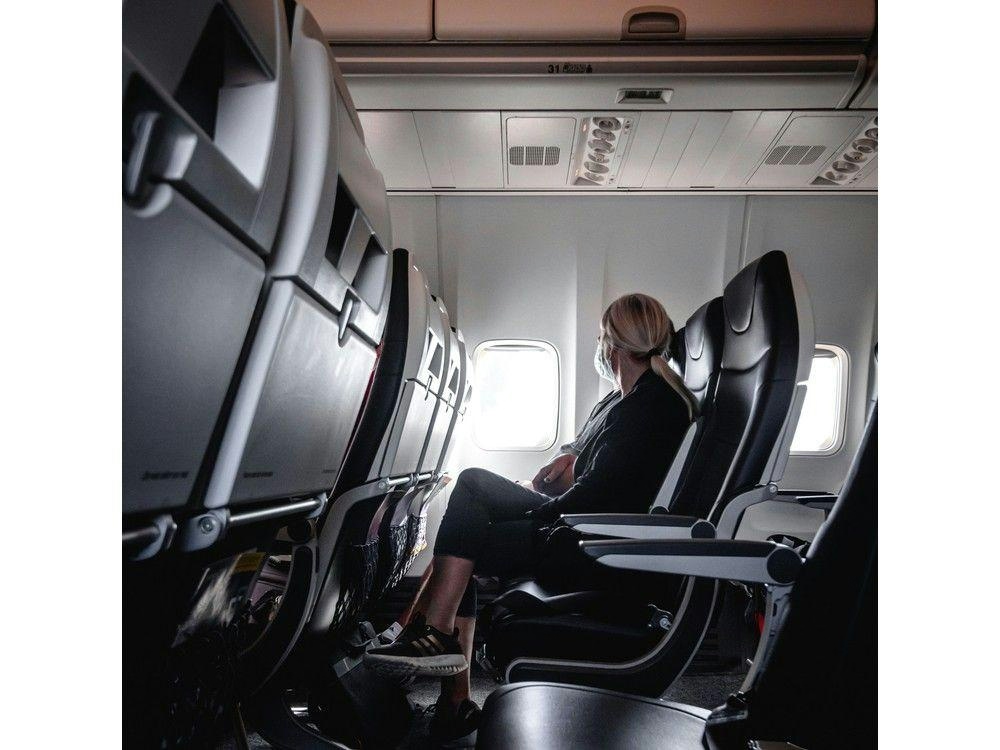
Pam Frampton on Airlines, Artificial Intelligence, and Fair Competition
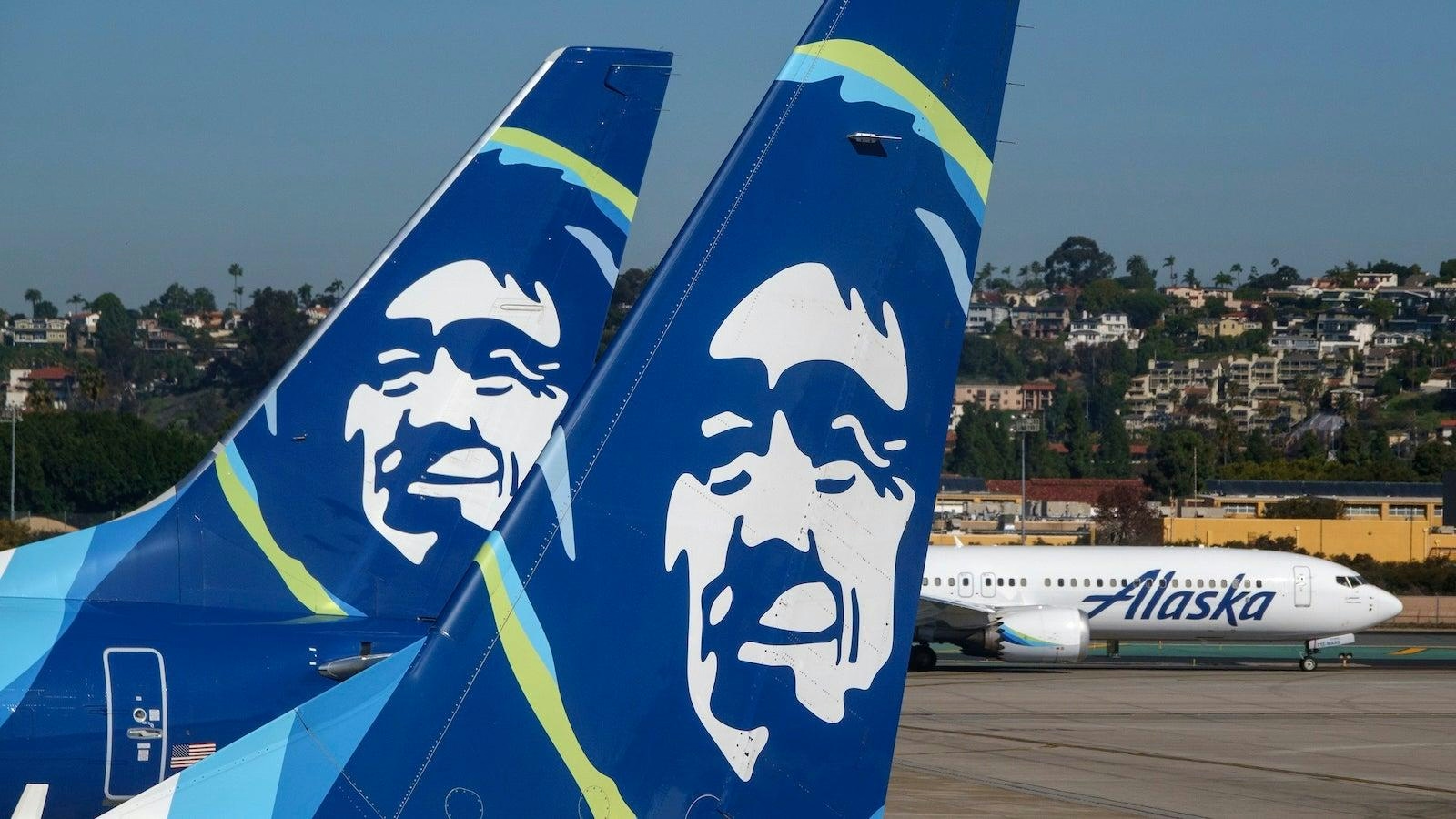
Alaska Airlines Places Largest Fleet Order in Its History
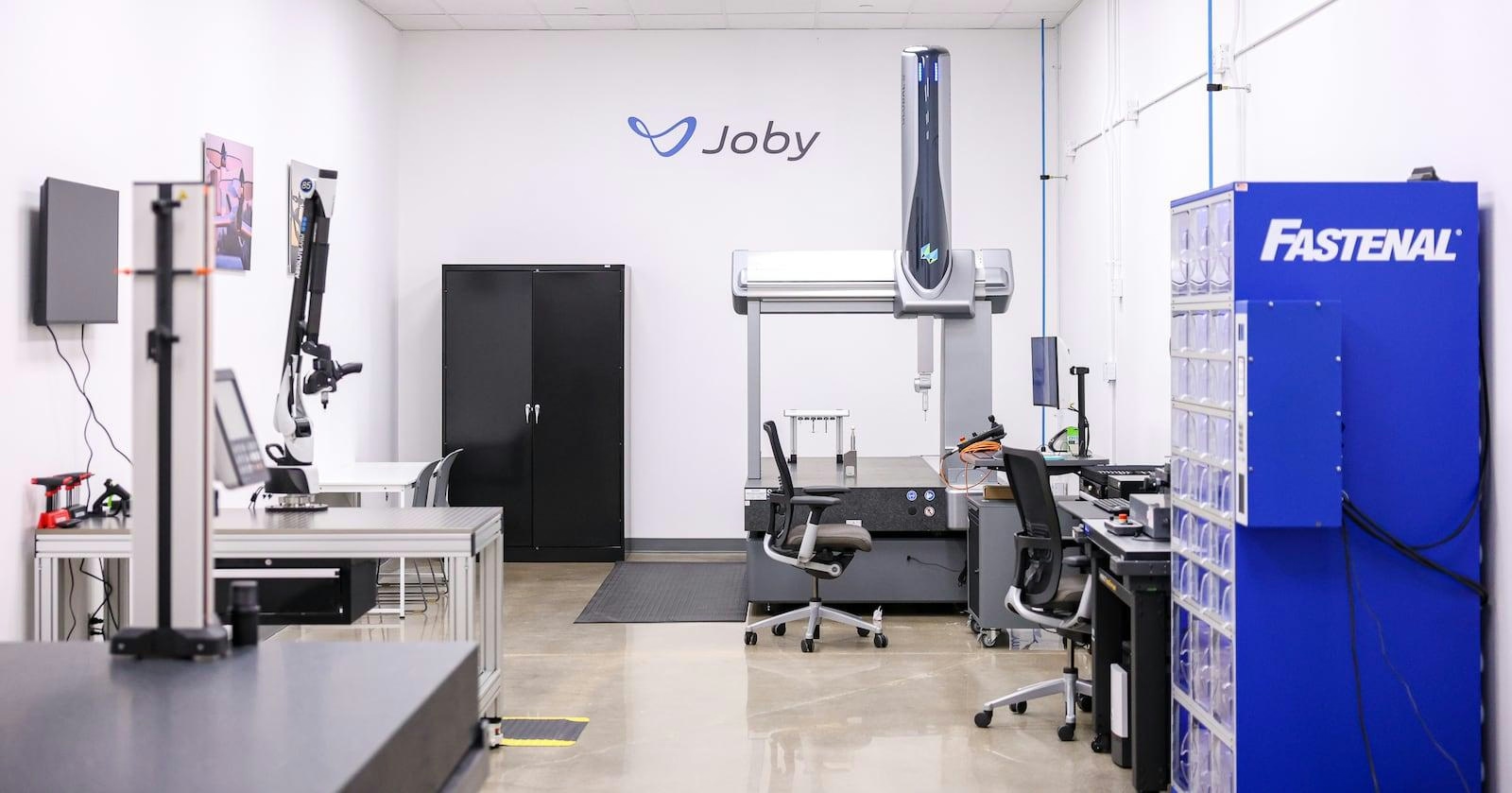
Joby to Expand Manufacturing with Second Ohio Facility Acquisition
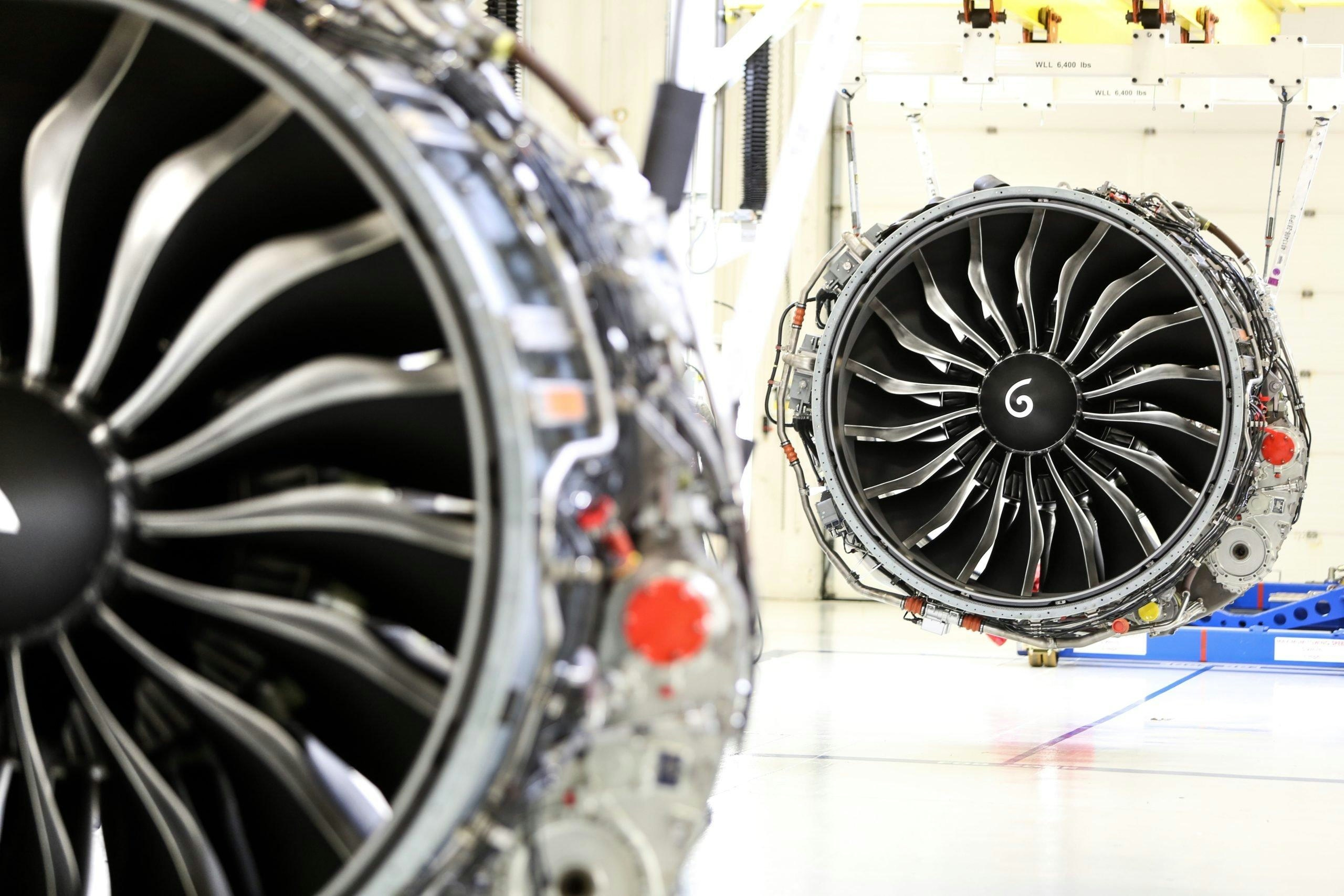
RESIDCO Raises $100 Million to Expand Engine Acquisitions
